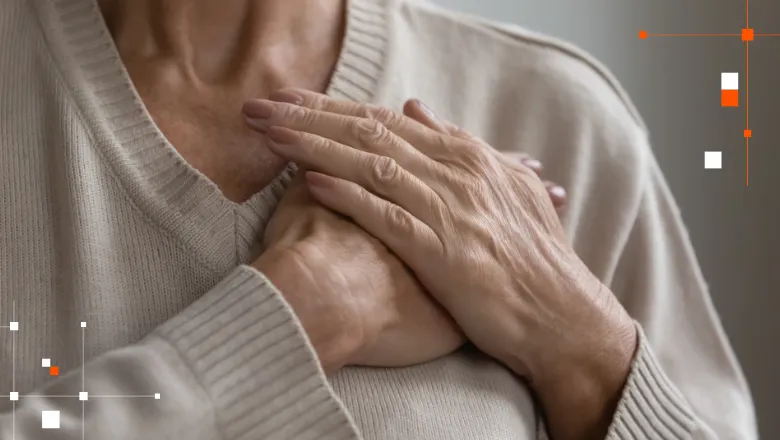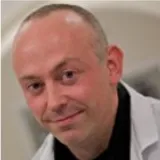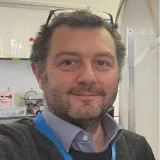We are delighted to have received this award from the British Heart Foundation and proud to have assembled this supergroup from across King’s College London, Imperial College London, the Royal Veterinary College and The Crick. We’re hoping to not just detect heart disease in cancer patients earlier, when there’s a better chance of successful treatment, but also find out why some patients are more susceptible to this sort of injury than others. This could help us to tailor and monitor their cancer therapies according to their personal cardiac risk.
Dr Richard Southworth, Reader in Cardiac Molecular Imaging at the School of Biomedical Engineering & Imaging Sciences
15 April 2025
New funding to detect heart disease in cancer patients
A team of researchers led by Dr Richard Southworth of King’s College London have been awarded funding from the British Heart Foundation to develop imaging tests that detect early damage to the heart caused by off-target cancer therapies.

It is difficult to predict which patients will develop heart problems after cancer treatment. With an increasing numbers of cancer patients being treated sooner and surviving for longer, the risk of developing heart problems is becoming an increasing concern. The injury process can be slow to develop, often taking years (or even decades) after their cancer treatment before a patient feels unwell.
Presently, the only way of detecting this cardiotoxicity is to measure changes in how the heart contracts using MRI or ultrasound. Unfortunately these techniques are quite insensitive, and often only detect cardiotoxicity when it is too late to treat effectively.
The research team, consisting of researchers from King’s College London, Imperial College London, the Royal Veterinary College and The Francis Crick Institute has been awarded £851,134 to develop sensitive molecular imaging tests to image damage to the mitochondria (the energy-producing sub-units within our cells) which they think happens much earlier in the disease process.
Their project aims to detect this damage to cardiac mitochondria using Positron Emission Tomography (PET) imaging so that patients can be treated sooner, or to personalise a patient’s cancer treatment to minimise the risk to their heart. The test might also help accelerate the development of new drugs to prevent or treat cardiotoxicity because it could provide much earlier feedback on whether a new drug is working or not.
Researchers from King’s College London also working on this project include Dr Thomas Eykyn, Dr Lefteris Livieratos and Dr Sohaib Nazir, as well as Prof Nicholas Long (Imperial), Dr Claire Thornton (Royal Veterinary Collage), Dr Lucy Collinson (The Francis Crick Institute) and Prof Phillipa Hawes (The Francis Crick Institute).



